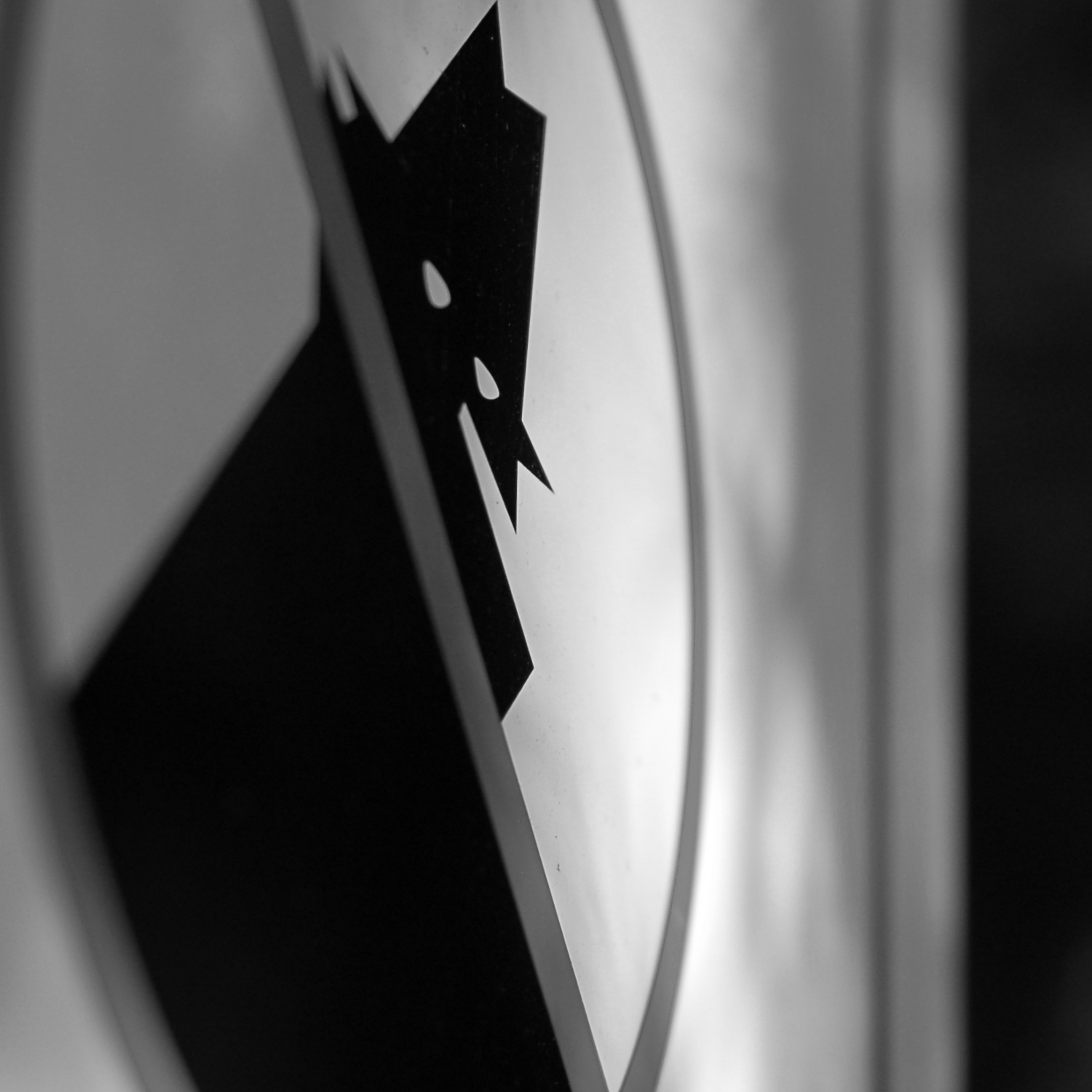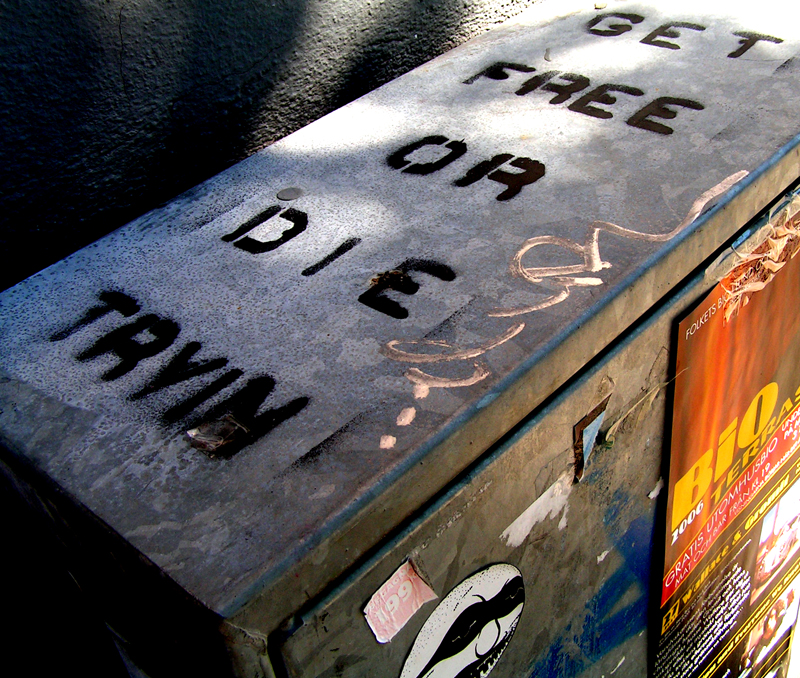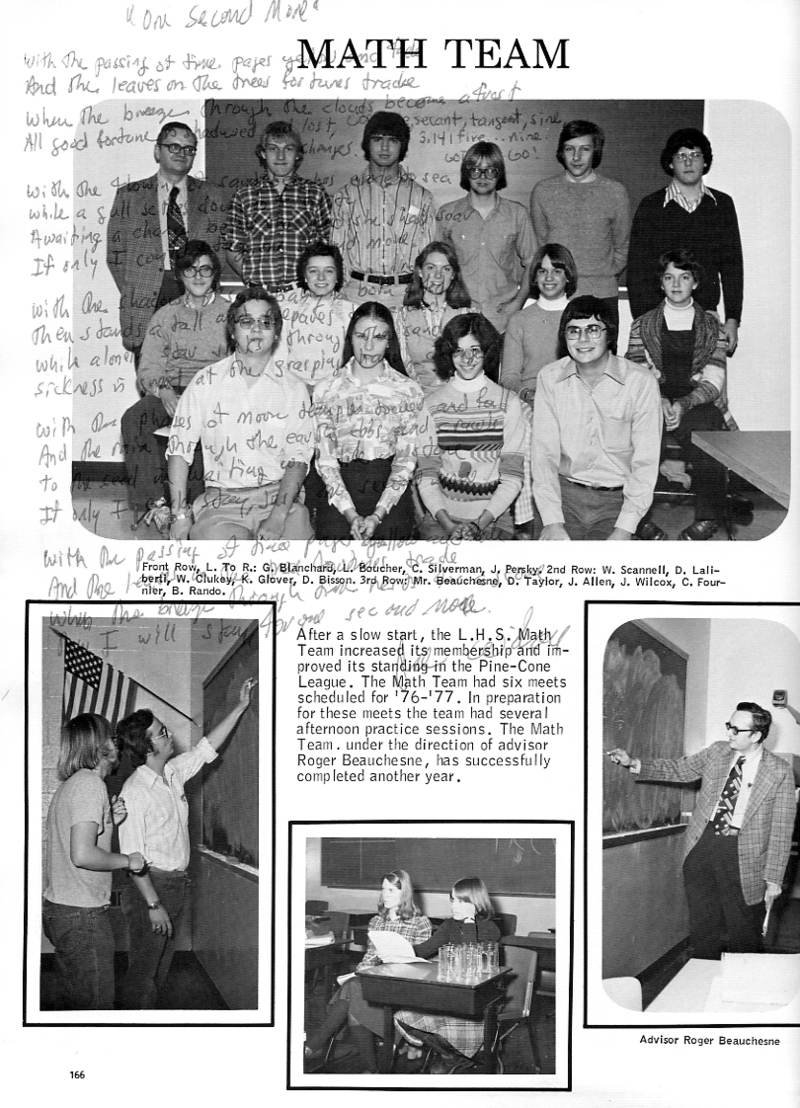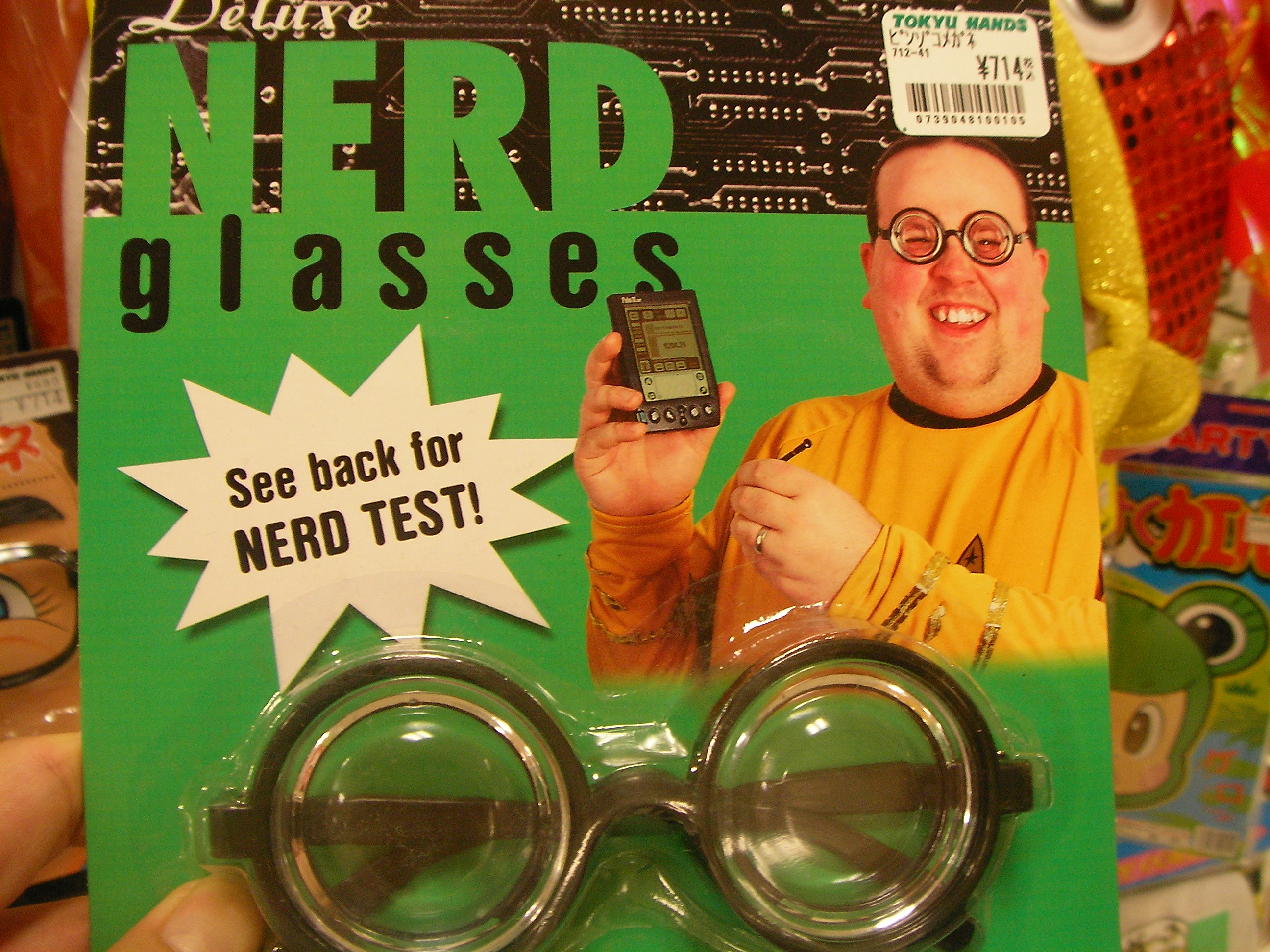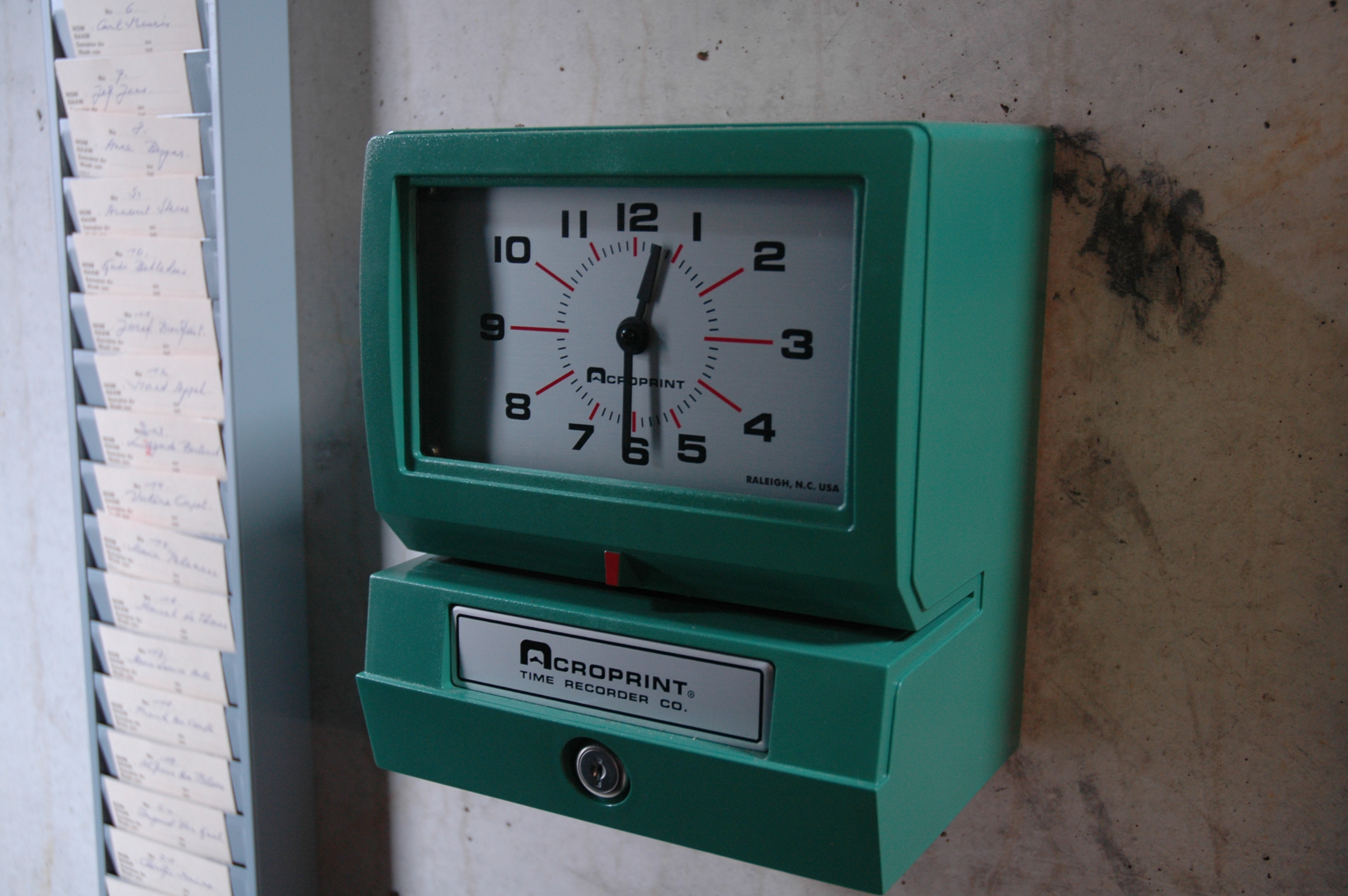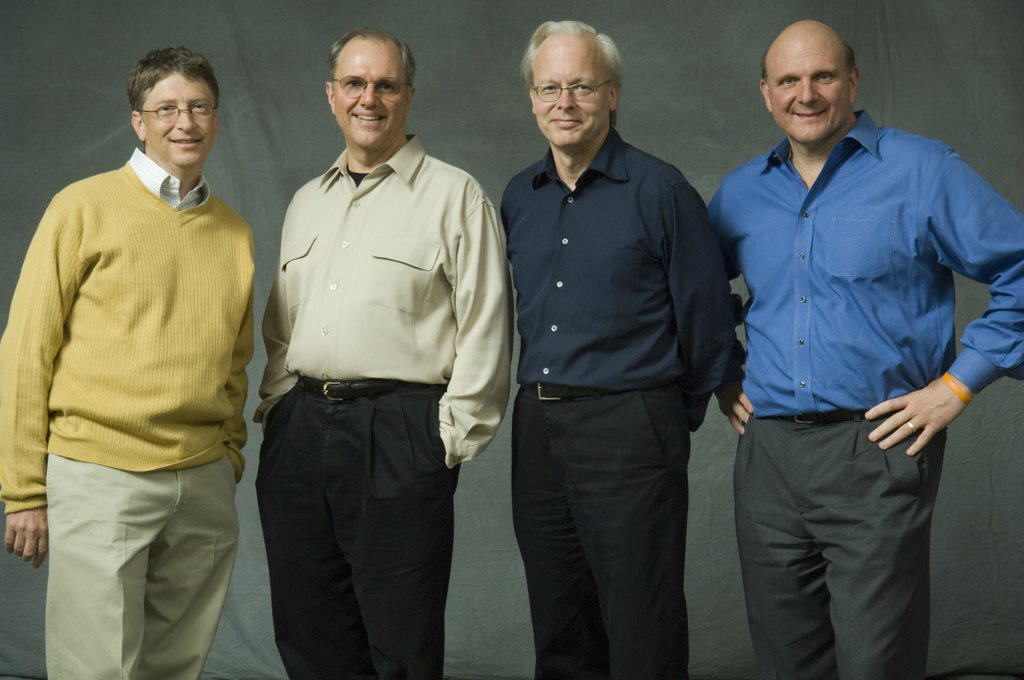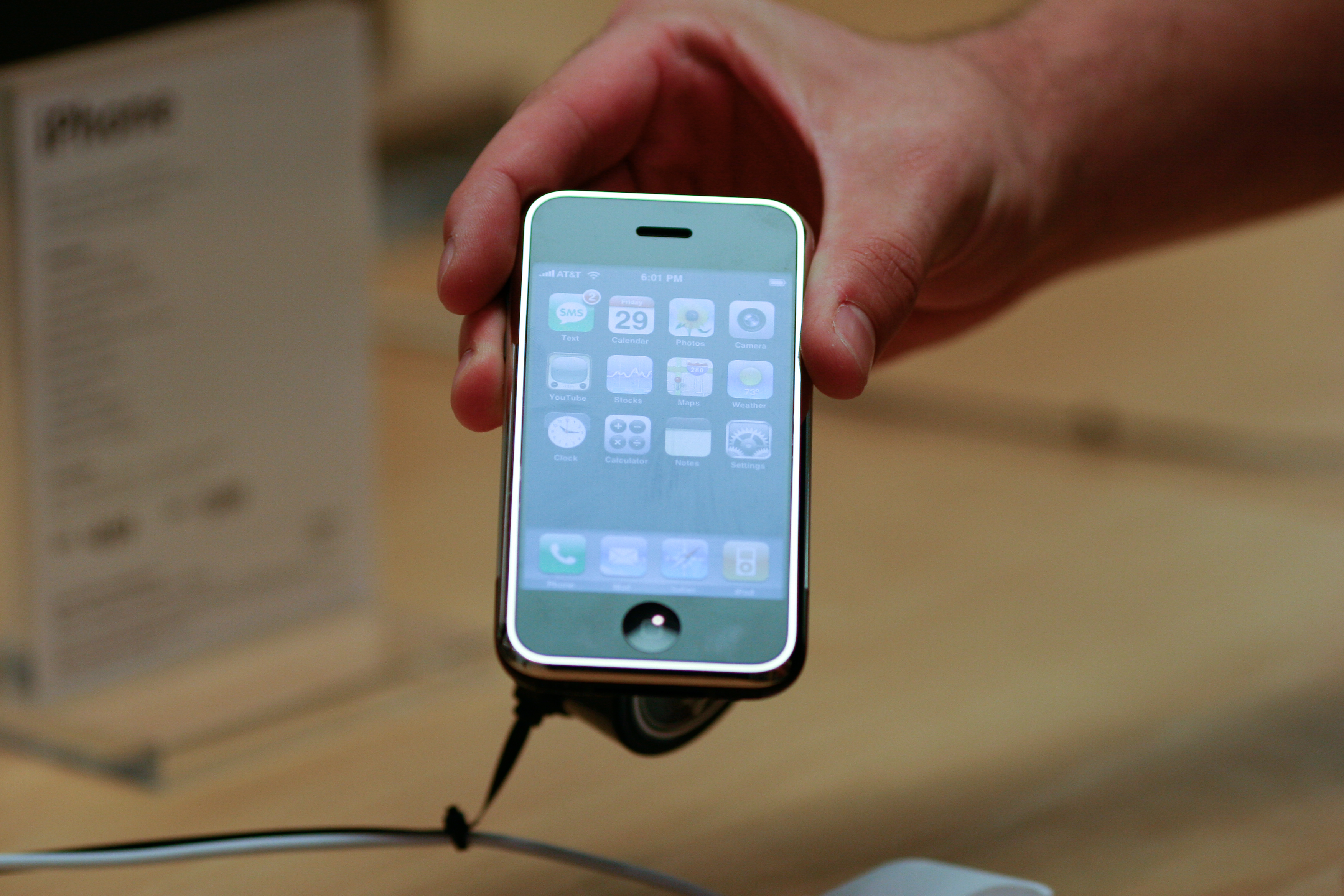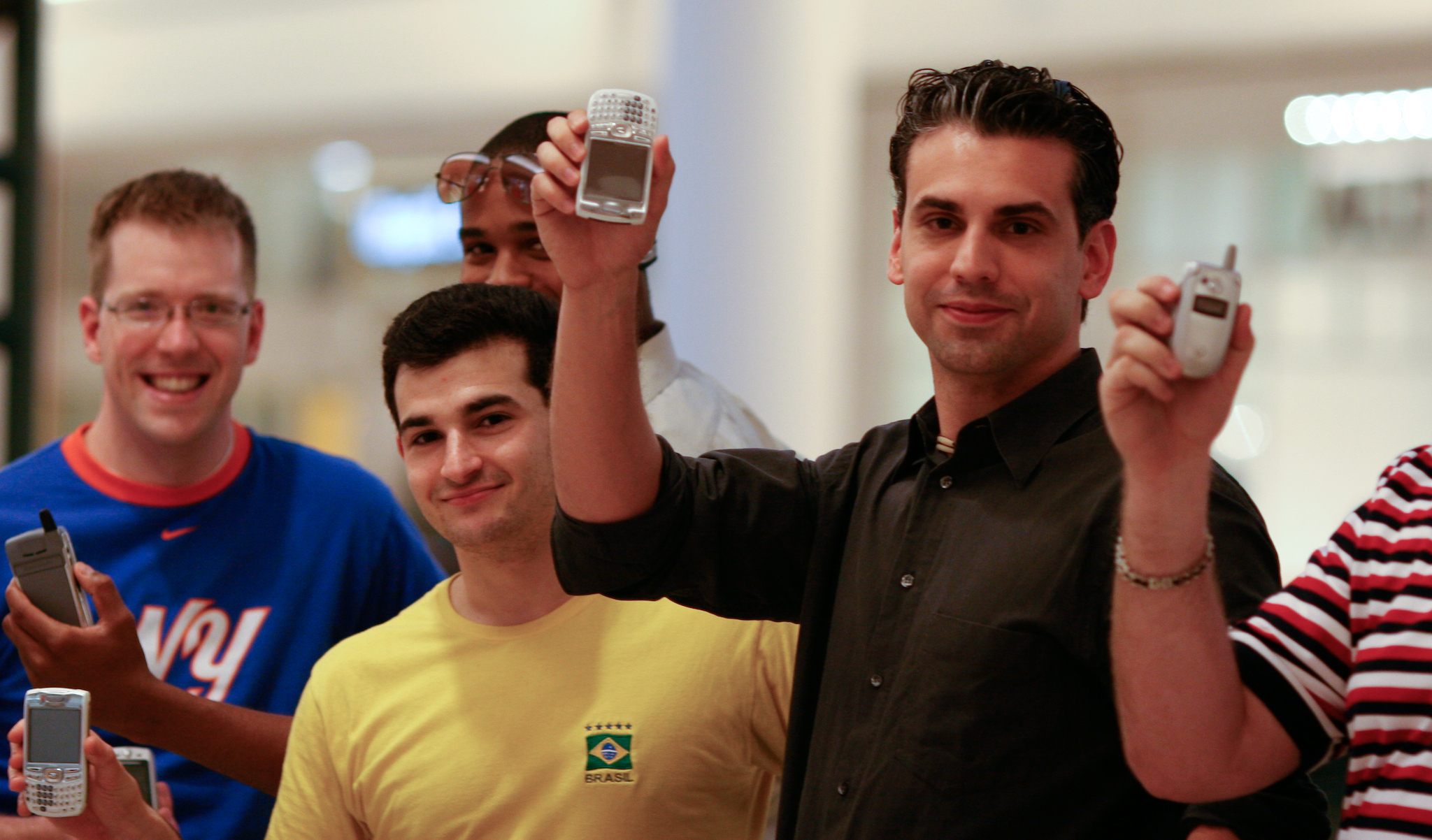On May 29, Apple opened up iTunes Plus as a subset of its broader music store, offering DRM-free songs and albums encoded at 256kbps. Apple also offers to upgrade lower-bit-rate, DRM songs for 30 cents a piece. It’s a good deal. But the licensing is downright confusing. While browsing iTunes Plus, yesterday, I saw “Pat Benatar’s Greatest Hits” available DRM-free. I thought, “Huh? I’ve got other Pat Benatar music, and I don’t remember getting an offer DRM-free replacements”. I upgraded 25 other songs from other artists.
Sure enough, my iTunes library contains three Pat Benatar songs, from three different albums. My version of “Hit Me With Your Best Shot” from album “Pat Benatar: Best Shots” is available DRM-free from iTunes Plus. But Apple offered me no 30-cent replacement option. Is it a glitch? I don’t think so. The song in my library lists publisher as Chrysalis, while the DRM-free version is Capitol Records.

